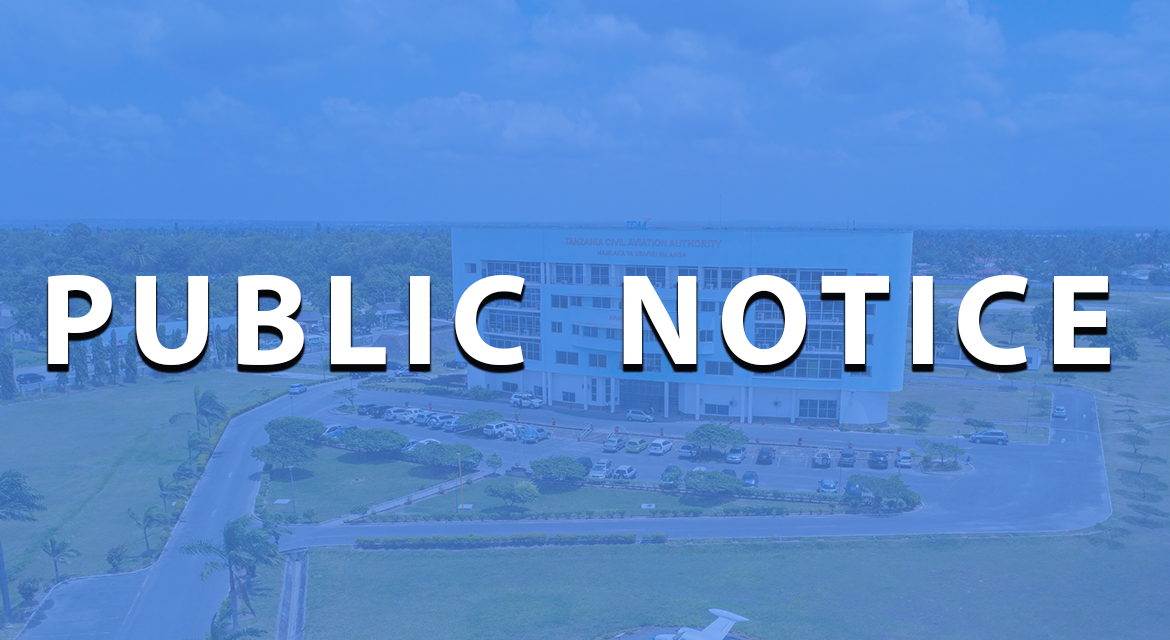Doha, Qatar – April 17, 2025 The United Republic of Tanzania reaffirmed its commitment to enhancing global air transport facilitation through the pillars of Collaboration, Efficiency, and Inclusivity, during the high-level Ministerial segment of the ICAO Facilitation Conference (FALC 2025), held in Doha from April 14–17.
Delivering a compelling statement on behalf of the Tanzanian Government, Hon. Dr. Khalid Salum Mohamed (MP), Minister for Infrastructure, Communication and Transport of the Revolutionary Government of Zanzibar, stressed the importance of seamless facilitation in driving prosperity across the aviation industry.
“Facilitation is not just a technical process—it is a critical enabler of connectivity, trade, tourism and economic integration,” Dr. Mohamed told delegates, joining more than fifty ministers from across the world. He expressed Tanzania’s full support for the Doha Declaration, which seeks to enhance facilitation of passengers, cargo and crew in alignment with Annex 9 of the Chicago Convention.
Highlighting Tanzania’s strong political will and multisectoral coordination, the Minister cited key achievements of the National Air Transport Facilitation Committee (NATFC) and Airport Facilitation Committees (AFCs). These include:
- Implementation of Advance Passenger Information (API) and Passenger Name Record (PNR) systems,
- Mitigation efforts against human and organ trafficking,
- Compliance with Machine-Readable Travel Document (MRTD) standards,
- Public health preparedness through a robust CAPSCA multi-agency team.
He emphasized that without coordination between sectors, effective facilitation remains a challenge. “True success lies in collaboration, cooperation, and healthy competition,” he said, referencing the conference theme: “Facilitating the Future of Air Transport: Collaboration, Efficiency, Inclusivity.”
Dr. Mohamed also noted the country’s drive to embrace innovation, including Artificial Intelligence, to boost the resilience and competitiveness of its aviation sector.
In his closing remarks, the Minister invited the global community to explore Tanzania—not only as a growing aviation hub but also as a premier destination for leisure and investment. “With Mount Kilimanjaro, the majestic Serengeti, and the pristine beaches of Zanzibar, Tanzania is ready to welcome the world,” he said.
He credited President Samia Suluhu Hassan for being at the forefront of tourism promotion through initiatives such as the “Royal Tour” campaign, which has brought international acclaim.
The Tanzanian delegation comprised sixteen senior officials from various ministries, agencies, and private sector players, including the Tanzania Civil Aviation Authority (TCAA), Tanzania Airports Authority, Zanzibar Airports Authority, Immigration Department, and Precision Air Services PLC.
On the sidelines of the conference, the Minister engaged in fruitful bilateral discussions, including with the Somalia Minister for Transport, where both nations agreed to expand air transport cooperation and direct flight operations. Additionally, a meeting with the Vice President of Qatar Airways yielded discussions on route expansions and capacity-building collaborations.
In another milestone, a meeting with the CEO of logistics giant Mowasalat led to a pledge to explore employment opportunities for up to 400 Tanzanian drivers in Qatar, with coordination facilitated by the Tanzanian Embassy in Qatar.
Also attending the conference were Sheikh Mohammed bin Abdulla bin Mohammed Al Thani, Minister for Transport of Qatar; Mr. Salvatore Sciacchitano, President of the ICAO Council; Mr. Juan Carlos Salazar, ICAO Secretary General; and Mr. Mohamed bin Faleh al-Hajri, Acting President of the Qatar Civil Aviation Authority.
ICAO President Sciacchitano remarked that recent operational challenges underscore the need for a resilient aviation framework, positioning FALC 2025 as a pivotal moment for strategic global commitment.
The outcomes of the conference mark a significant step forward in aligning international air transport systems under a shared vision for facilitation, connectivity, and sustainable development.






1745407350.png)
1766493562.png)
1766314197.png)

1766028939.png)